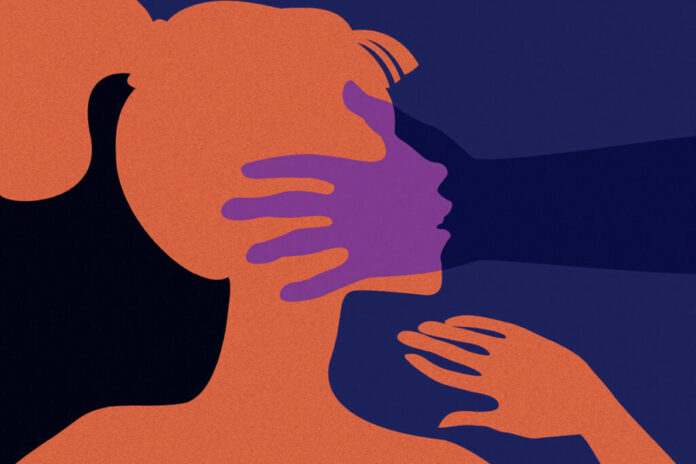Politicians, the mainstream media and the justice system have shut their eyes to the growing crisis of gendered violence in Australia. A new report from the Australian Institute of Health and Welfare (AIHW) has laid bare the devastating impact of sexual, domestic and family violence, analysing over 20 major sources to compile its data.
Among its findings, AIHW reported that on average a woman is murdered by a current or former partner every week; one in five women has been sexually assaulted or threatened since age 15; and young people are more likely than older generations to have attitudes towards control in relationships and emotional abuse that support violent behaviour. By a number of measures the situation is getting worse, not better.
This horrifying data comes at a time when millions of women around the world are being emboldened to fight back against oppression and are searching for answers about how to end inequality in society.
When Melbourne comedian Eurydice Dixon was raped and murdered while walking home through a public park in June, the mass response to her death briefly forced the issue of gendered and sexual violence into the national spotlight. Over 10,000 people braved the Melbourne winter on a weeknight for a candlelight vigil, with similar vigils taking place around the country.
Politicians from both major parties were quick to position themselves alongside the public in condemning the attack. Malcolm Turnbull said, “What we must do as we grieve is ensure that we change the hearts of men to respect women.” Bill Shorten echoed his words: “It’s about deciding as a nation that violence against women is ultimately preventable.”
These are platitudes from leaders that have helped create the conditions that allow women to be assaulted on the street and killed by their partners.
Liberal and Labor governments have both slashed welfare payments, forcing many women to stay in toxic relationships for financial reasons. Community legal centres, public housing, and mental health support – crucial services for victims of domestic and family violence – have suffered from a dire lack of funding. In making these cuts the major parties are complicit in murder.
Greater financial independence would bolster women’s confidence and power. A major campaign to combat government cuts, and fight for additional reforms like a $25/hour minimum wage, free childcare, more public housing and full abortion rights in every state, could make inroads to undermine the economic basis of oppression. If the trade unions organised a coordinated national campaign around these issues it could quickly win broad public support.
In the absence of a lead from the unions, activists should still take up these demands. Mass mobilisations on the street – such as the global protests on International Women’s Day, and the grassroots struggles for abortion rights in Ireland and Argentina – are the most powerful weapon to push for concrete reforms and shift social attitudes in a positive direction.
However, these movements are limited because sexism is ingrained into the fabric of the capitalist system itself. The structure of capitalism, and all of its institutions, is stained with the legacy of women’s oppression from previous forms of class society where women were considered property outright.
To this day, capitalism relies on the “traditional role” of women in the home so the state can avoid taking on the costs of raising the next generation of workers. Women in Australia spend on average five hours per day performing unpaid domestic labour according to the OECD. On a global scale, women’s unpaid work is estimated to be worth more than $10 trillion a year.
It is therefore in the interests of the system and the super-rich to reinforce these archaic gender roles. Misogyny is not innate but is socially conditioned from birth by the media and other pillars of capitalist society that have an interest in perpetuating the status quo. Efforts to “change the hearts of men” will always be insufficient when the dominant institutions are spreading the opposite message: that men should naturally control women.
The immense cultural transformation necessary to end oppression and gendered violence cannot be achieved without uprooting the unequal economic system that this oppression is based on.
Ending capitalism means fighting for the alternative, democratic socialism. This would mean taking the largest corporations and industries into public ownership, sharing their profits and planning production to meet human need. Publicly-funded community kitchens, laundries and childcare services could take the economic burden off women, while a socialist education system could teach principles of respect and consent from an early age.
Building a socialist feminist movement with a vision for total system change is the only way to win liberation for women. It is in the interests of all oppressed, exploited and working people to join in this struggle.



